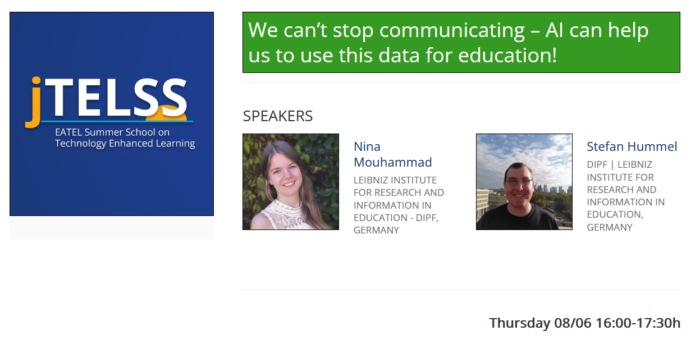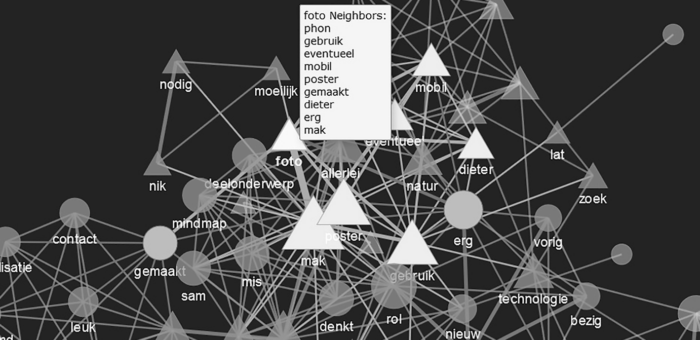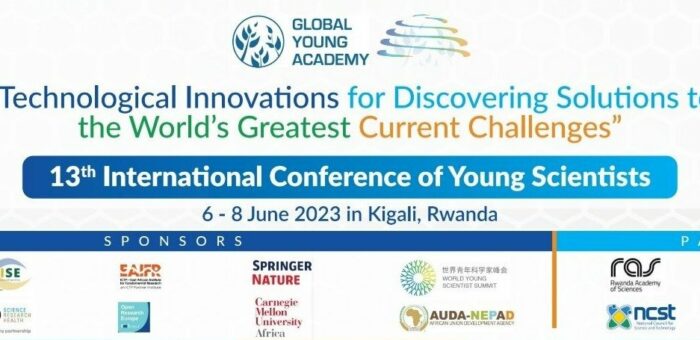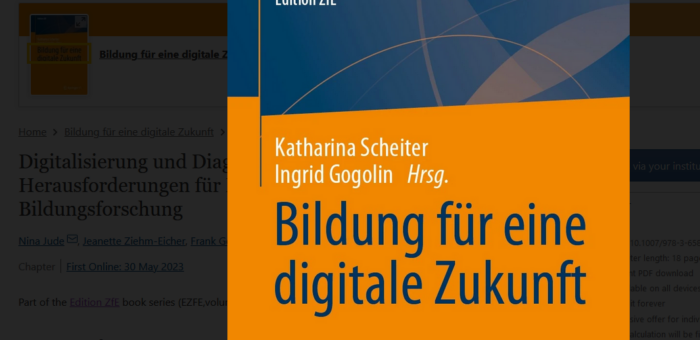
Workshop @ JTELSS – “We can’t stop communicating – AI can help us to use this data for education”
At the 17th EATEL Summer School on Technology-Enhanced Learning (JTELSS 2023) in La Manga, Spain, Nina Mouhammad and Stefan Hummel conducted the workshop "We can't stop communicating - AI can help us to use this data for education." The workshop emphasized the importance of incorporating both verbal and nonverbal communication signals in technology-enhanced learning applications. Various examples highlighting successful implementations were discussed. The participants were divided into two groups to explore nonverbal and verbal communication, respectively. After engaging discussions, interactions and also prototype testing, the groups swapped to gain insights from both perspectives. To conclude the workshop on a creative note, participants formed small groups and designed either the worst presentation skills training app imaginable or a product box for a presentation skills training robot. This exercise sparked laughter while…





